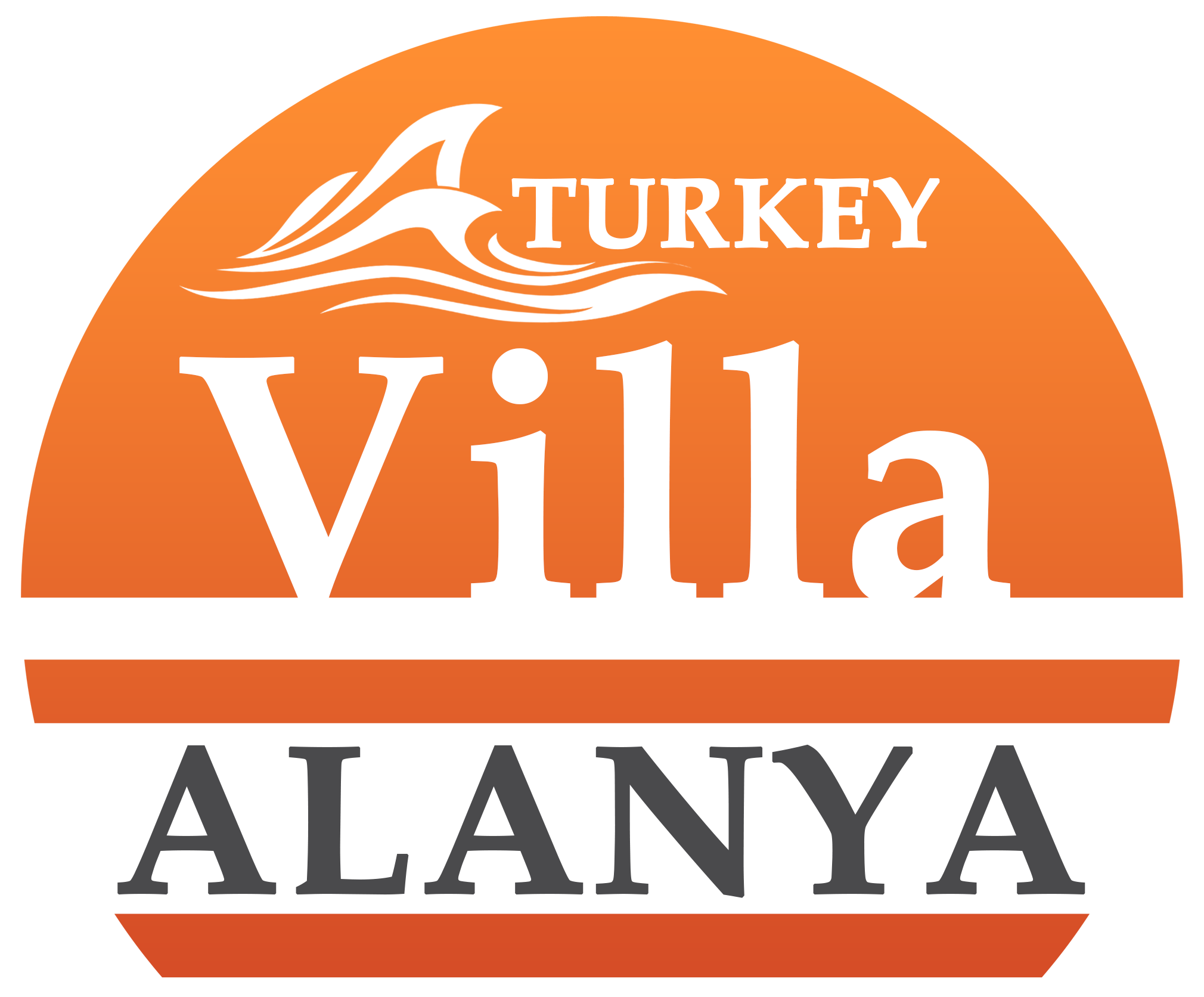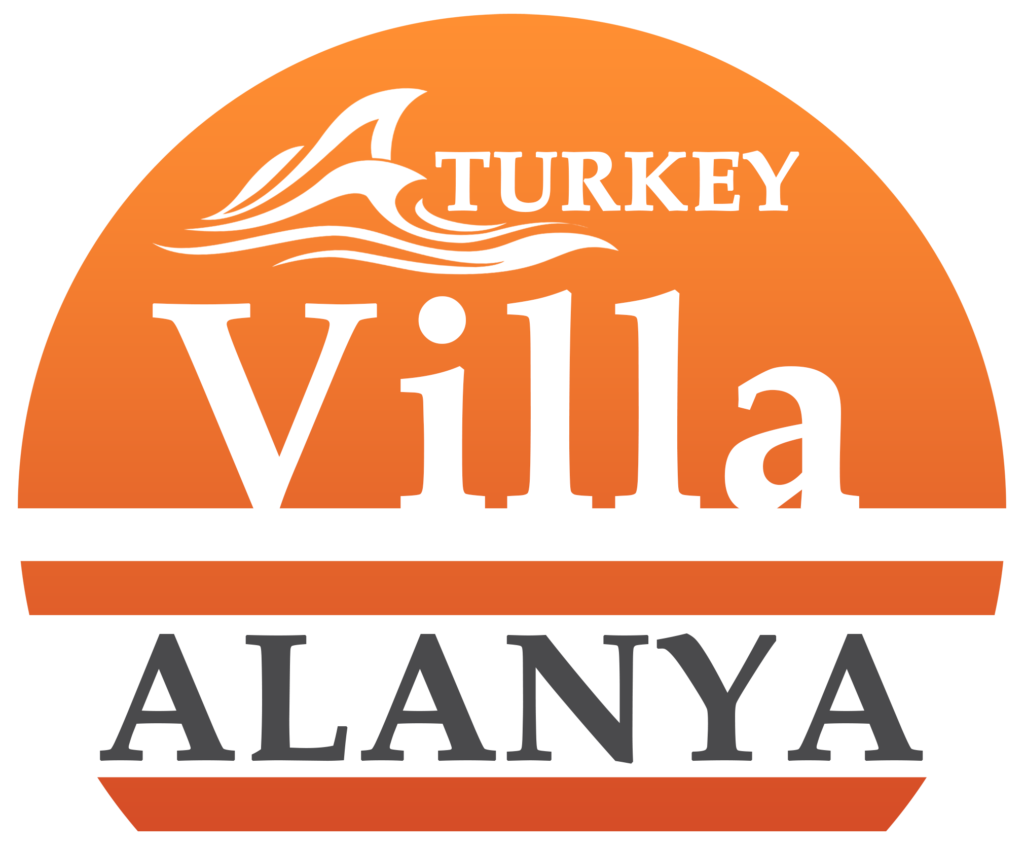When applying for a residence permit in Turkey through a real estate purchase, a comprehensive set of documents must be prepared and submitted to the relevant local authorities. Ensuring that all these documents are accurate and complete is critical to a smooth application process for a residence permit in Turkey.
- Passport Copies: Applicants must provide photocopies of their passport, including all pages with stamps, visas, or any other entries. The passport must be valid for at least six months beyond the intended period of stay in Turkey.
- Property Title Deed (TAPU): The official title deed, known as TAPU, serves as proof of ownership of the real estate. This document must be obtained from the Land Registry Office and should be under the applicant’s name.
- Proof of Address: A document confirming the applicant’s address in Turkey, such as a utility bill or a rental agreement, is required. If the property is newly purchased, the TAPU itself can serve as proof of address.
- Health Insurance: To qualify for a residence permit in Turkey, applicants must have valid health insurance that covers the duration of their stay in Turkey. This can be obtained from a Turkish insurance company or, in some cases, from international insurers that meet Turkish requirements.
- Financial Statements: Financial stability must be demonstrated through bank statements or other financial documents, proving that the applicant has sufficient funds to support themselves during their stay in Turkey.
- Passport-Sized Photographs: Applicants need to provide several recent passport-sized photographs that adhere to the Turkish visa photo requirements.
- Application Form: A completed and signed residence permit application form is necessary. This form can be filled out online or obtained from the local Directorate of Migration Management (Göç İdaresi).
- Fee Payment Receipts: Proof of payment for the residence permit application fee must be included in the submission. Payment can often be made at designated banks or payment centers.
When preparing these documents, it is essential to ensure that all non-Turkish documents are translated into Turkish and notarized if required. Translations can be done by certified translators, and notarizations can be carried out at Turkish notary offices. Thorough preparation and organization of these documents will aid in a successful application process for a residence permit in Turkey based on real estate ownership.
Choosing the Right Real Estate and Where to Buy
When considering a real estate purchase in Turkey to obtain a residence permit in Turkey, it’s crucial to understand the diverse types of properties available. Prospective buyers can choose from a variety of real estate options, including apartments, villas, and commercial properties. Each type has its unique advantages and potential drawbacks, influencing the decision based on individual needs and preferences.
For those seeking a cosmopolitan lifestyle, Istanbul is a prime choice. Known for its vibrant culture, historical landmarks, and economic opportunities, Istanbul offers a range of apartments and commercial properties. While property prices in Istanbul can be high compared to other regions, the city’s extensive amenities, such as international schools, hospitals, and shopping centers, make it a popular choice among expatriates.
On the other hand, those looking for a more tranquil, coastal living might consider regions like Antalya, Bodrum, or Fethiye. These areas are renowned for their picturesque beaches, mild climate, and luxurious villas. Antalya, in particular, is known for its reasonably priced apartments and a thriving expatriate community, making it an attractive option for foreign buyers.
In contrast, areas like Ankara, the capital city, offer a blend of urban and suburban living. While Ankara might not boast the coastal allure of Antalya, it provides affordable housing options, excellent educational institutions, and robust healthcare facilities. This makes it a suitable choice for families and professionals alike.
Assessing the value of a property involves numerous factors, including location, proximity to amenities, and future growth potential. Prospective buyers should conduct thorough research, possibly engaging local real estate agents for their expertise. It’s also wise to visit potential properties to gauge the neighborhood’s ambiance and accessibility.
Other considerations include the legal aspects of property purchase in Turkey, understanding the resale value, and being aware of any additional costs such as maintenance fees and taxes. By carefully evaluating these factors, buyers can make an informed decision that aligns with their lifestyle preferences and investment goals.
Closed and Open Areas for Residence Permit Applications in Turkey
When seeking a residence permit in Turkey through real estate purchase, understanding the concept of closed and open areas is crucial. These terms refer to specific regions or neighborhoods where residence permit applications are either restricted or readily accepted. Authorities in Turkey have designated certain areas as closed due to high demand, overpopulation, or infrastructural burdens. Conversely, open areas are locations where applications are more easily accepted, often due to lower population density or targeted development incentives.
Closed areas are regions with heightened demand, leading to regulatory restrictions on new residence permits. Major cities like Istanbul and certain districts within it, such as Fatih and Esenyurt, often fall under this category. These areas have experienced significant foreign investment and population growth, prompting the government to cap new residence permits to manage resources effectively. Other cities like Antalya, due to its popularity among expatriates, also have neighborhoods classified as closed. Typically, these restrictions are put in place to balance population density and ensure sustainable urban development.
On the other hand, open areas are regions where the government encourages new residents. These areas, which include smaller cities or less populated districts within larger cities, are more receptive to residence permit applications. Cities such as Bursa, Izmir, and certain neighborhoods in Ankara, like Cankaya, are examples where applications are generally accepted without stringent restrictions. These regions often offer attractive real estate options and a slower-paced lifestyle, making them appealing for those looking for alternatives to high-density urban centers.
Understanding these designations is vital for potential buyers. Closed areas may offer certain conveniences and established expatriate communities but come with the challenge of securing a residence permit in Turkey. Open areas, while potentially offering more accessible permits, might require adjustments in lifestyle and expectations. Prospective buyers should carefully consider these factors, aligning their property investments with their long-term residency goals and lifestyle preferences. This strategic approach ensures a smoother transition and a more rewarding experience in Turkey.
Additional Costs When Applying for a Residence Permit Based on Real Estate Purchase
When applying for a residence permit in Turkey through the purchase of real estate, it is essential to consider several additional costs beyond the property price. These expenses can significantly impact your overall budget, making financial planning a crucial part of the process.
Firstly, there are application fees that need to be paid to the Directorate General of Migration Management. These fees vary depending on the applicant’s nationality and the duration of the residence permit. Additionally, you will encounter property-related taxes, including the title deed transfer tax, which is generally 4% of the property’s declared value.
Legal fees are another important expense. Hiring a lawyer who specializes in Turkish real estate and immigration law can provide invaluable assistance, ensuring that all legal requirements are met. Legal fees can vary, so it is advisable to obtain quotes from multiple attorneys.
Property valuation reports are mandatory for foreign buyers and serve to establish the market value of the property. These reports, prepared by certified institutions, usually cost between 1,000 and 2,000 Turkish Lira. Notary fees are also required for the authentication of documents, and these can add several hundred Turkish Lira to your expenses.
Unexpected costs can arise, such as translation services for documents not originally in Turkish or additional administrative fees that may be required during the application process. It is wise to set aside a contingency fund to cover such unforeseen expenses.
When budgeting, also factor in recurring costs. Property maintenance fees, insurance, and utility bills are ongoing expenses that should not be overlooked. Additionally, residence permit renewals entail further application fees and potentially new legal consultations, depending on the complexity of your situation.
To effectively manage these costs, it is prudent to create a detailed budget that includes all anticipated expenses. Consulting with a financial advisor who has experience with foreign real estate investments in Turkey can offer invaluable insights and help you navigate the financial complexities of obtaining a residence permit in Turkey through real estate purchase.
Step-by-Step Algorithm for Obtaining a Residence Permit in Turkey Through Real Estate Purchase
Obtaining a residence permit in Turkey through real estate purchase involves a structured process that ensures compliance with Turkish immigration laws. The journey begins with the crucial step of finding the appropriate property. Engaging a reputable real estate agent who understands local regulations is advisable. Once a suitable property is identified, the next step is to proceed with the purchase agreement, which includes securing a title deed (TAPU) to legally acquire the property.
After the property purchase, the next phase involves gathering the necessary documents for the residence permit in Turkey application. Key documents include a valid passport, property title deed, proof of health insurance, four biometric photographs, and proof of sufficient financial means. It is essential to ensure that all documents are translated into Turkish and notarized where required.
The application for the residence permit in Turkey is submitted online through Turkey’s e-Ikamet system. Applicants must fill out the application form accurately and upload the required documents. Upon submission, an appointment date at the local immigration office (Göç İdaresi) is given. It is crucial to attend this appointment punctually with original copies of all submitted documents.
During the processing period, applicants should be prepared for potential requests for additional information or documentation. The processing time typically ranges from a few weeks to several months, depending on the completeness of the application and the workload of the immigration office. Regularly checking the application status online is recommended to stay informed of any updates.
In case of delays or issues, contacting the immigration office directly or consulting with a legal advisor specializing in immigration matters can help resolve the situation efficiently. Once the application is approved, applicants will receive their residence permit card via mail. This card serves as an official document allowing legal residency in Turkey.
By following these outlined steps diligently, obtaining a residence permit in Turkey through real estate purchase can be a streamlined and successful process.





